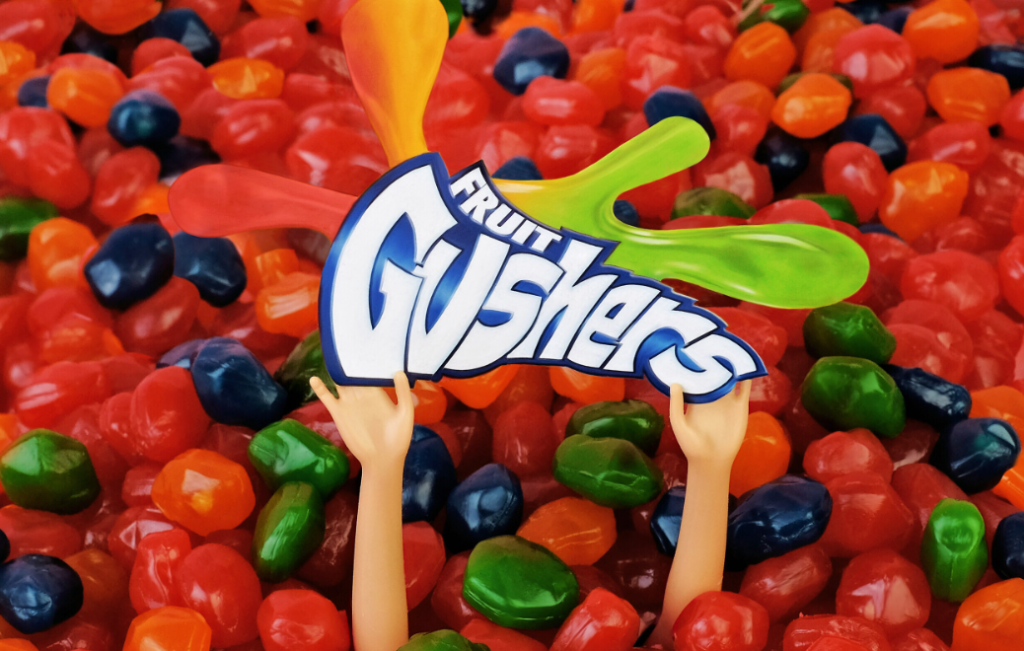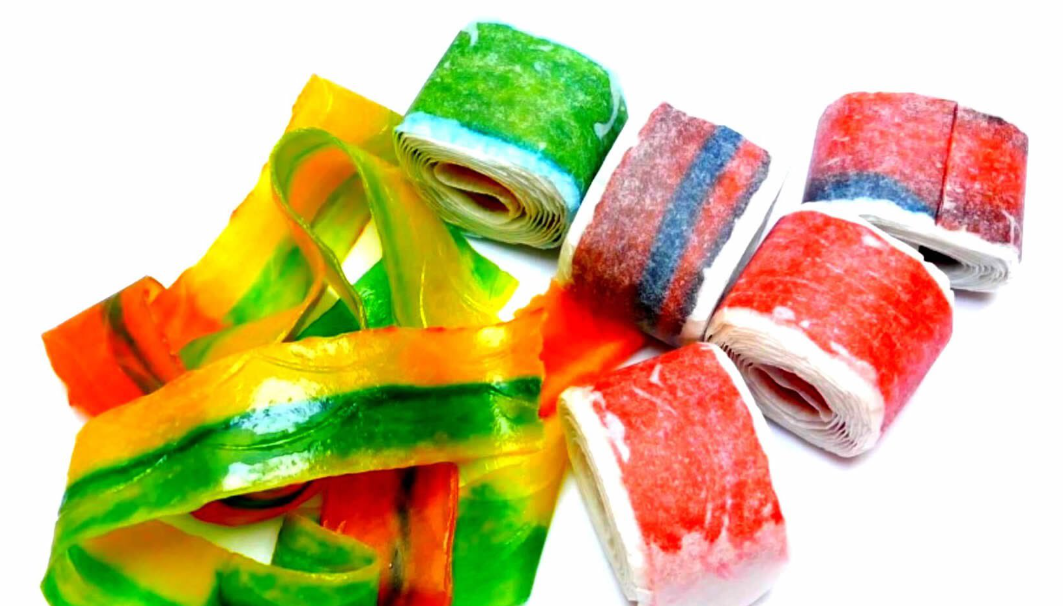Gushers are fruit-flavored chews that gush liquid when you bite them. They are a popular snack among kids and adults.
Although they are tasty, they are not recommended for dogs because of their high sugar and other unhealthy ingredients. They also pose a choking hazard.
Why Can Not Dogs Eat Gushers?

Gushers are fruit-flavored, gelatin-based snacks that are popular among kids and adults alike. They are high in sugar and can pose a choking hazard for dogs.
Gushers are a popular fruit-flavored candy with gelled juice inside a soft candy shell. These treats are enjoyed by children and adults alike. Gusher candies come in a variety of flavors, including strawberry, grape, and orange. They also come in a special sour version called Fruit Gusher Sour.
Fruit Gushers are usually made with water, sugar, corn syrup, and natural flavors. The outer layer is made with gelatin. It is a popular snack that has been around for many years and has managed to stick around in the hearts and minds of consumers.
While they are not poisonous to dogs, they do contain a high amount of sugar and may lead to various health complications. They should only be given in moderation as an occasional treat.
Jelly
Jelly is a popular spread that can be used on toast, in cakes, and as an ingredient in meat sauces. Its sweet smell makes it a tempting treat for dogs.
However, jelly contains too much sugar and can be dangerous for dogs. It can lead to vomiting, diarrhea, and diabetes.
It also contains pectin, which is a soluble fibre that can cause stomach upsets and constipation in dogs. Xylitol is another harmful ingredient in jelly.
Grapes
Grapes, raisins, and currants are a common ingredient in fruit bowls across the world. They’re delicious, nutritious, and have many benefits for humans.

Unfortunately, they’re toxic to dogs, and even a small amount can cause serious kidney damage or death. This is why it’s important to keep grapes, raisin bread, and other dried fruit out of reach of your dog.
If your dog has ever consumed grapes, it’s vital to get them to the vet as soon as possible. The sooner you can start treatment, the better they will recover.
The toxicity of grapes and raisins can happen in a matter of hours, so it’s crucial that you see your veterinarian right away if your dog has ingested any. Symptoms typically include abdominal pain, diarrhoea, vomiting, increased thirst, and difficulty with urination.
Tomatoes
Tomatoes are part of the nightshade family, which means they contain natural chemicals called solanine and tomatine that can be harmful to dogs. However, ripe tomatoes carry only very small amounts of solanine, which makes them safe for dogs to eat in moderation.
Ripe tomatoes are also an excellent source of vitamin A, which is essential for eyesight and reduces eye problems in older dogs. They also contain beta carotene, which is a potent antioxidant that prevents oxidative damage in the body.
While ripe tomatoes are safe to give dogs, green tomatoes and tomato plants can be toxic to them. If your dog ingests any green parts of the tomato plant, such as leaves or stems, it’s important to monitor their condition and call your veterinarian immediately.
Bacon
Bacon is salt-cured meat from a pig’s belly or back, which is then cooked and eaten on its own or used in a variety of dishes. It is available in a number of different cuts, including streaky and middle bacon.
A dry cure (in which the meat is rubbed with salt and spices) is usually preferred for best results. Wet cures (in which the meat is steeped in a salty brine) are also commonly used, but tend to be less crisp and may have a cloudy liquid when cooked.
Nitrates and nitrites are added during the curing process, which helps preserve the color and preservative properties of the meat. However, nitrates can also convert to nitrosamine in your body, which is linked to cancer.










